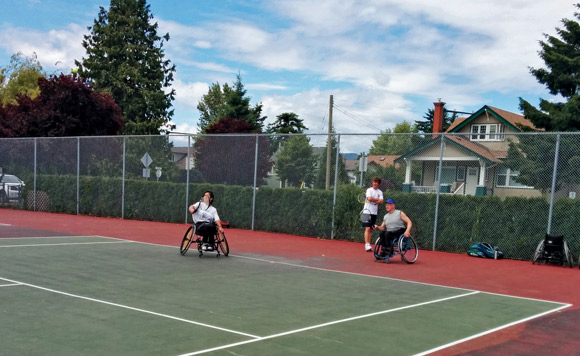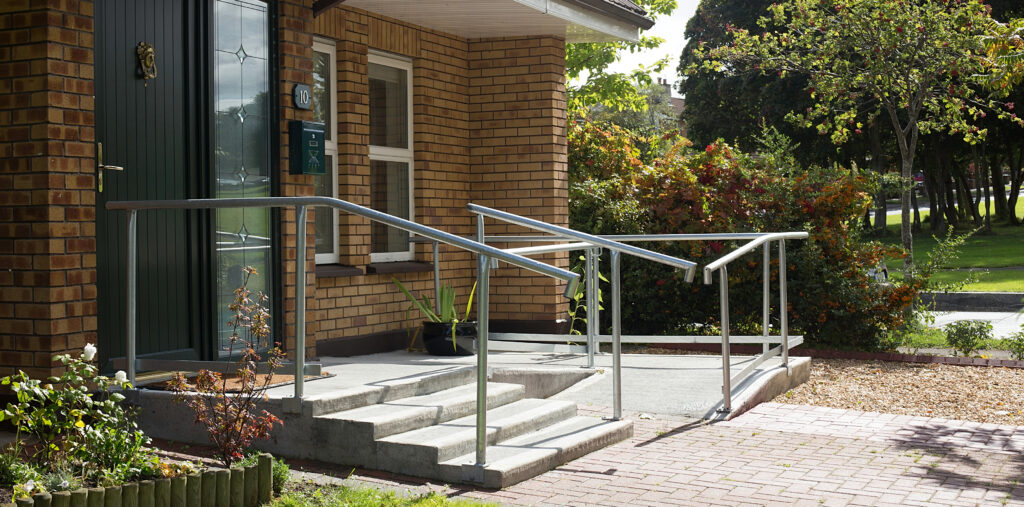– by Doreen Marion Gee –
His brilliant theories have transformed our knowledge about the universe itself – but he can barely speak one word on his own. Where would we be today if Stephen Hawking had faced barriers in communicating due to amyotrophic lateral sclerosis (ALS)? A national project seeks to bring public awareness to a little-known disability. And an important local event reminds us of the vital importance of access and inclusion for all people with disabilities.
On June 6, Sidney will be honouring citizens with disabilities at their annual Access Awareness Day, a “Sparc BC” initiative. According to Brian Losie of the organizing committee, the key goals of the event are to provide information and support to persons with disabilities and those who care for them; to promote inclusiveness and ’employ-ability’ of handi-capable residents; encourage accessibility in the business community; and to recognize people, organizations and businesses that have ‘gone the extra mile’ in support of persons with disabilities. Brian: “I would also like to recognize the support that Beacon Community Services and the Town of Sidney have provided.” The event will take place June 6 from 10 a.m. to 2 p.m. at the SHOAL Center and kicks off with a scooter rally starting at Sidney All-Care Residence.
The June event will hopefully bring awareness to the 440,000 people in Canada who have speech and language difficulties caused by conditions such as cerebral palsy, ALS and multiple sclerosis. Communication Access Now (CAN) is a national campaign operated by Communication Disabilities Access Canada (CDAC) to promote accessibility for people with speech and language disabilities. According to CAN, affected individuals face formidable barriers in accessing community services because others misunderstand them and underestimate their abilities, do not know how to communicate with them or do not provide any way to access their services. The consequences can be devastating and potentially life-threatening when dealing with health care professionals, police, and the justice system. Real life examples drive the point home: “The emergency response person ignored me and asked the person who happened to be beside me to give consent to treatment on my behalf” and “When I call government services, they think that I am drunk and hang up the phone.” According to CDAC, there are many things that businesses and organizations can do to improve access to their services. They involve increased education and awareness; basic respectful empathic communication; and asking affected individuals if they have accessibility requirements to communicate by telephone or email, to read a website or complete forms. Accessible environments are essential: healthcare, emergency, police, and legal services should have trained staff, communication assistants and specific communication tools.
It all comes down to basic respect and humanity. Tessa Lowis, Speech Language Pathologist, sees a “need for patience and time needed for the communication interaction to take place.” She advises us to “interact with the individual in the same way you would anyone else. Greet the individual, pass the time of day, ask a question, use humour.”
Stephen Hawking would definitely agree.
Info: www.communication-access.org, www.beaconcs.ca/pdfs/shoal/TideLines_May_final_web.pdf




